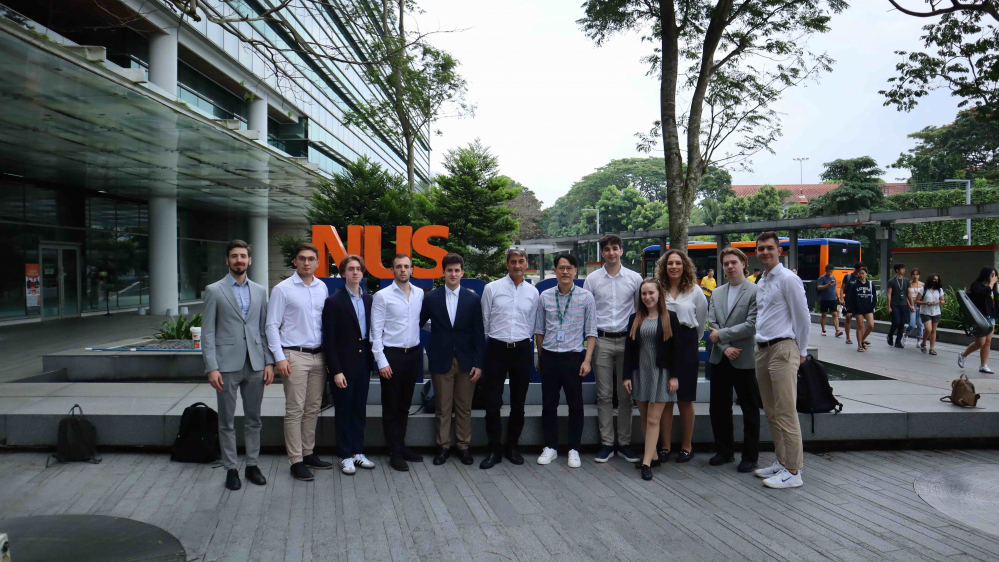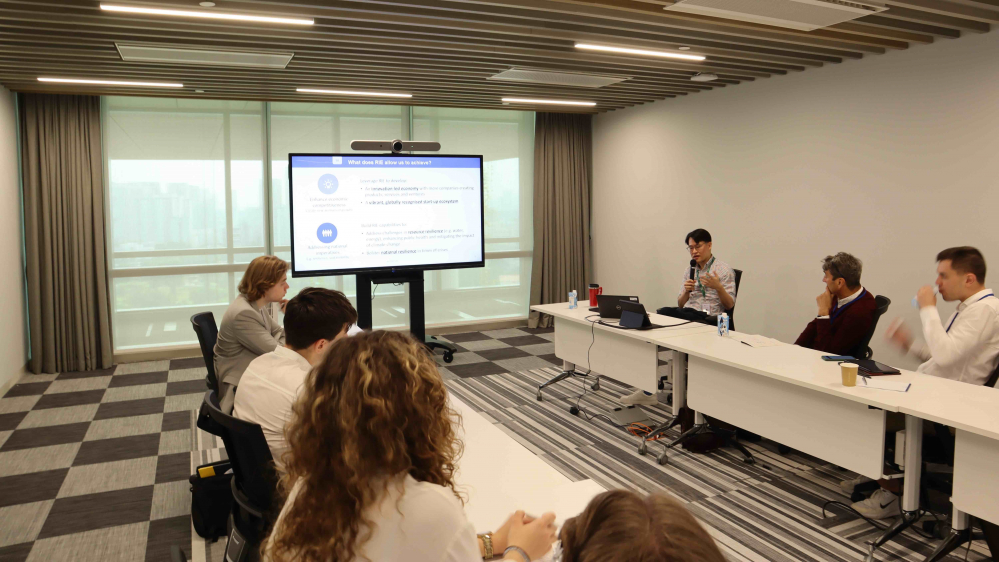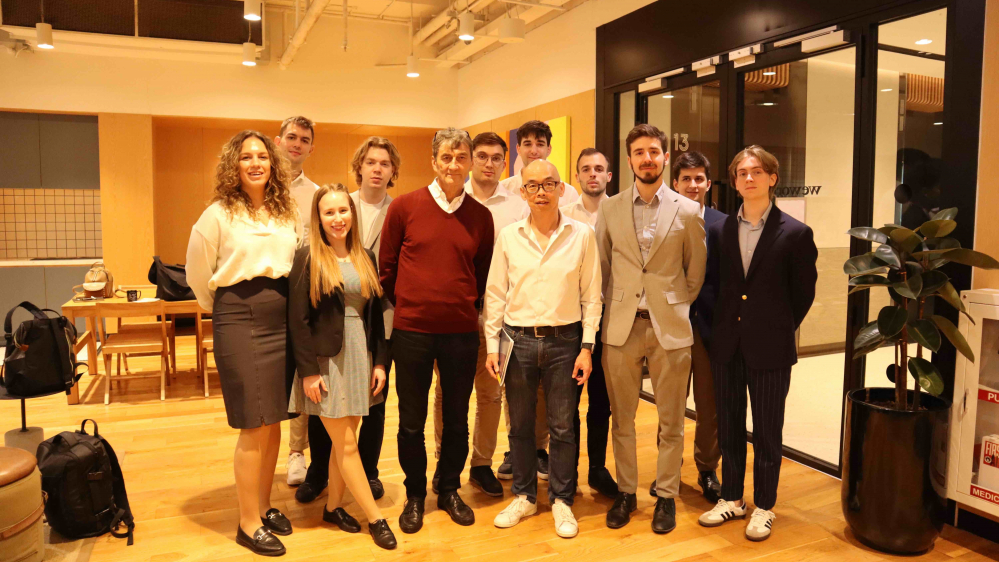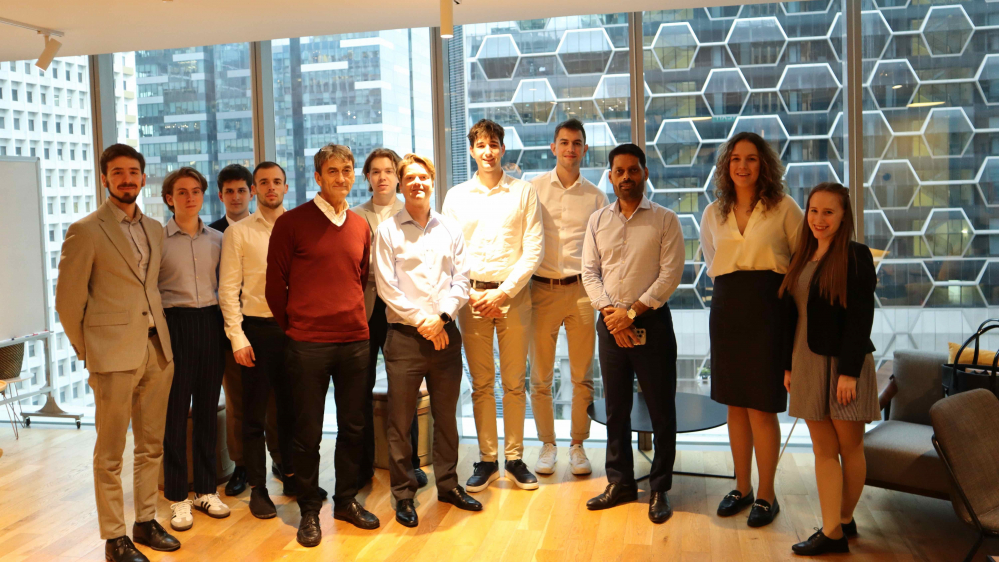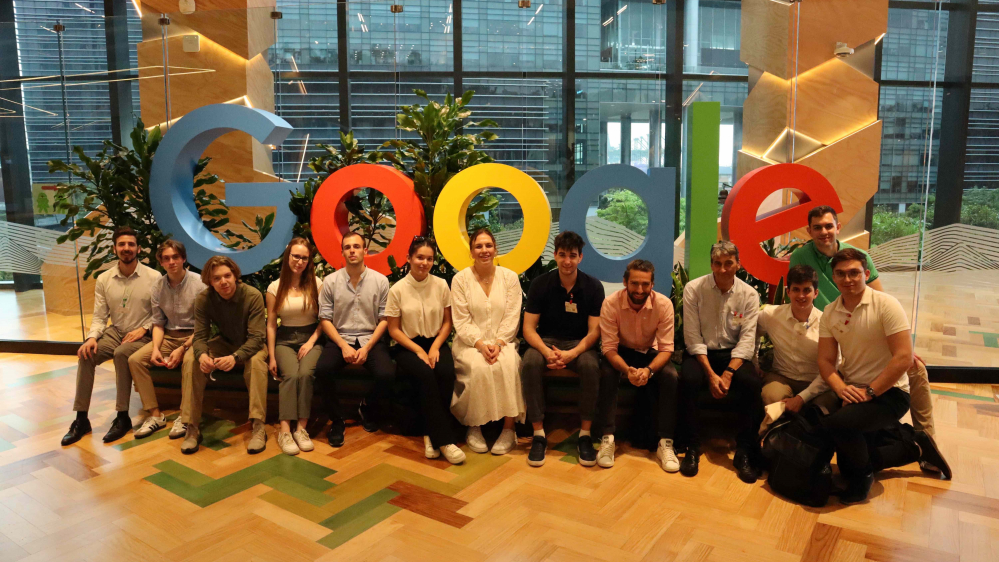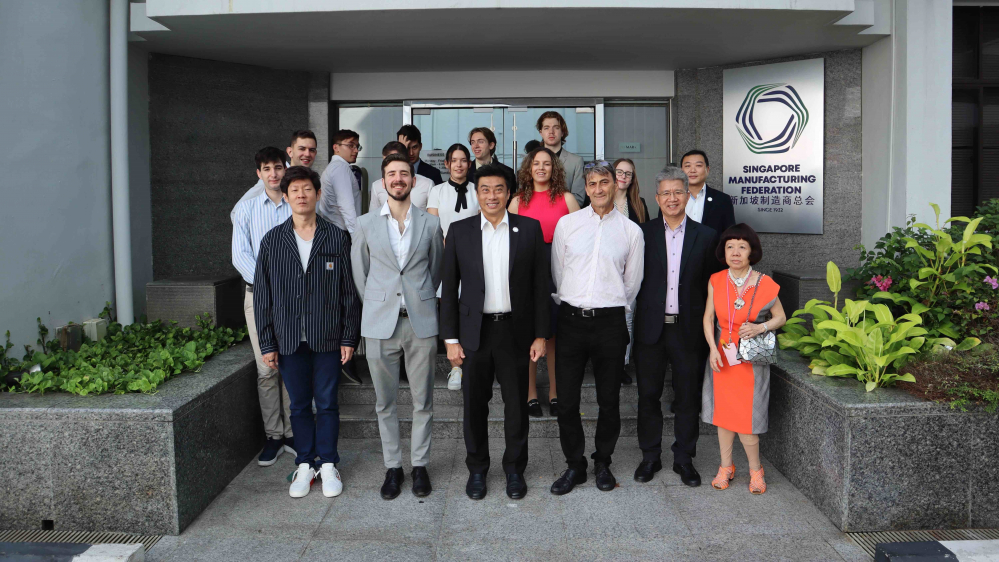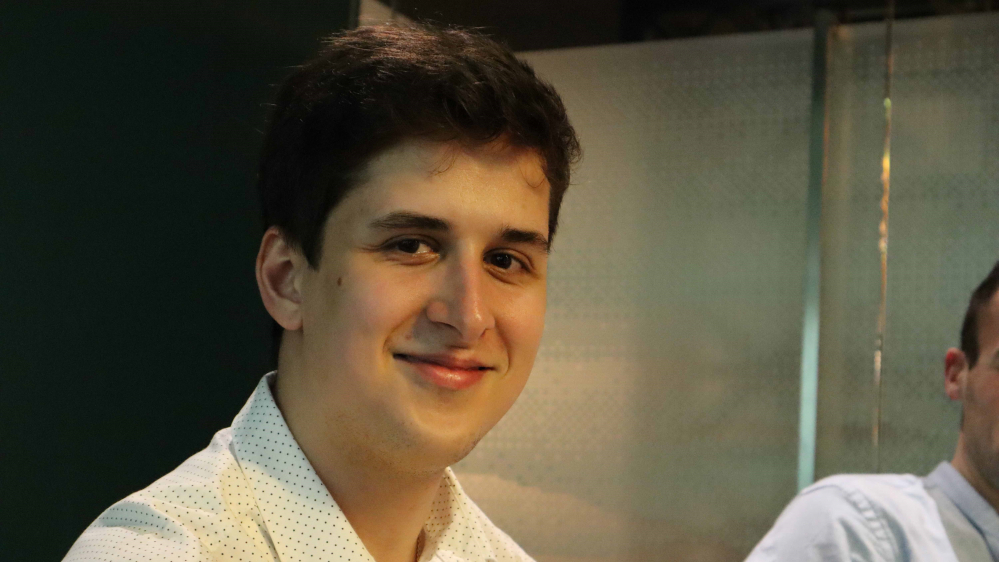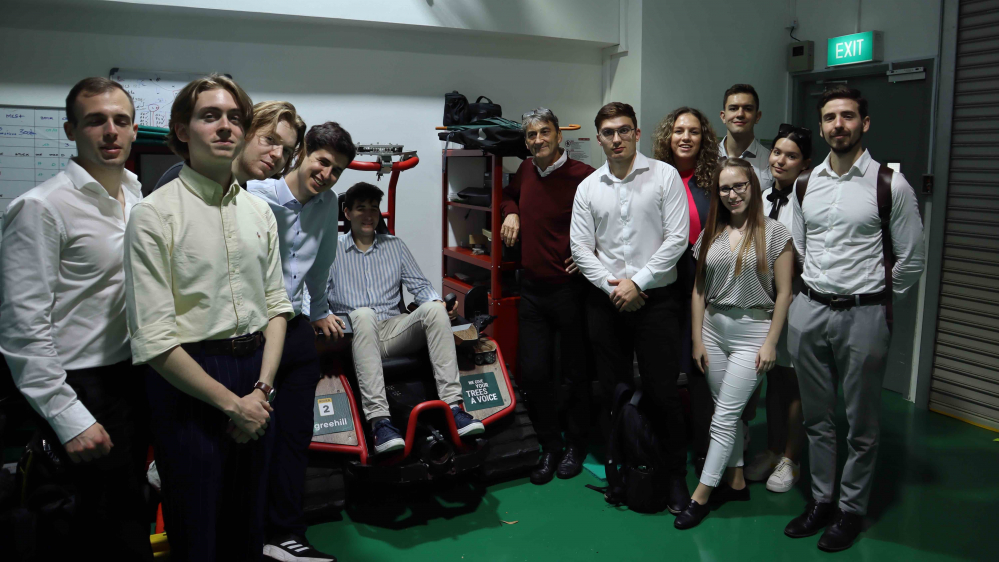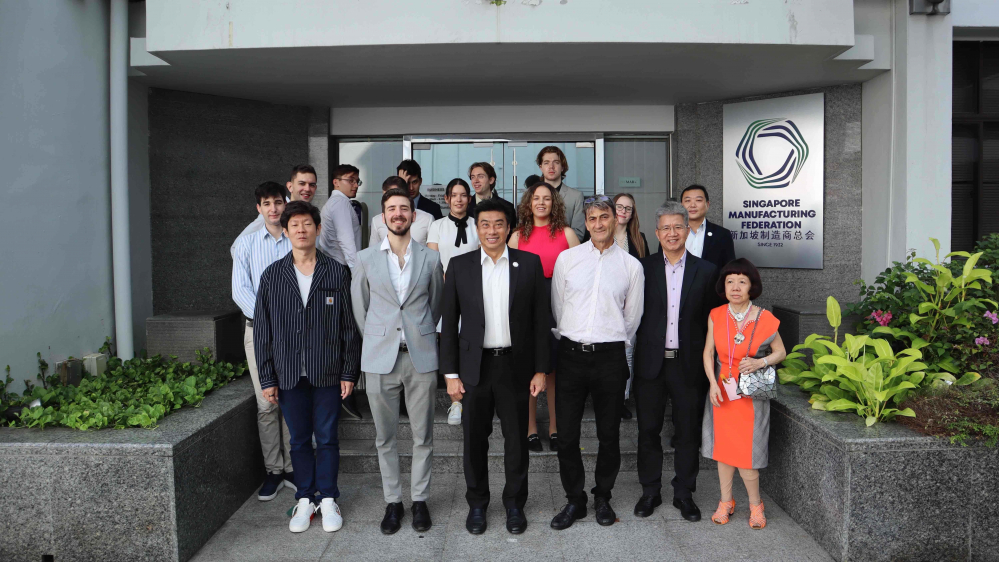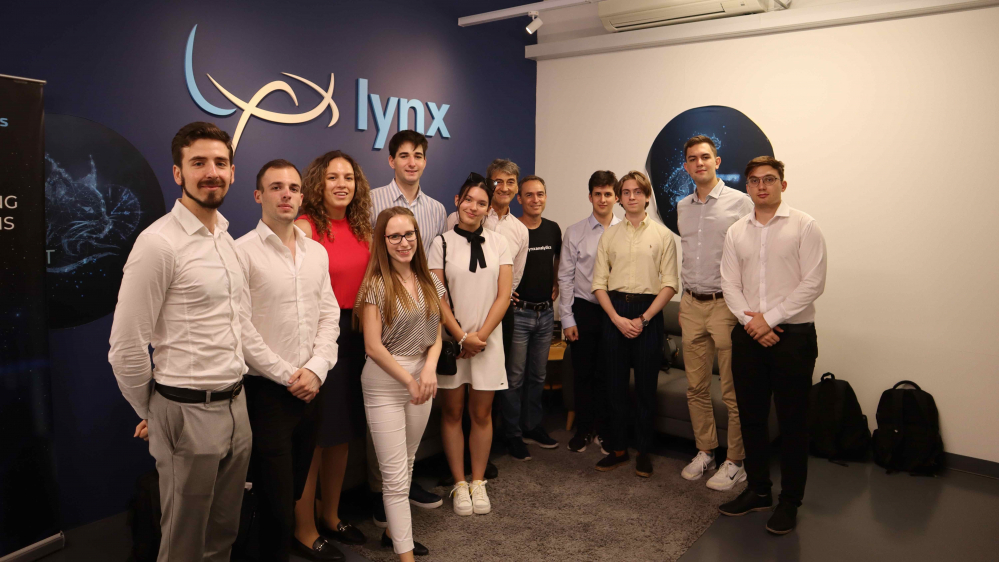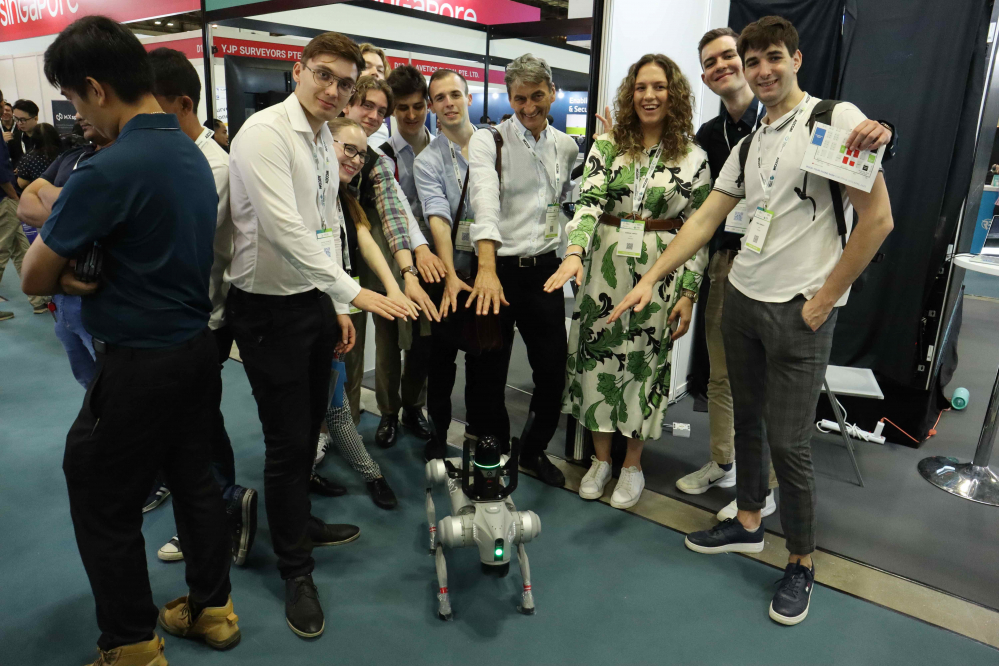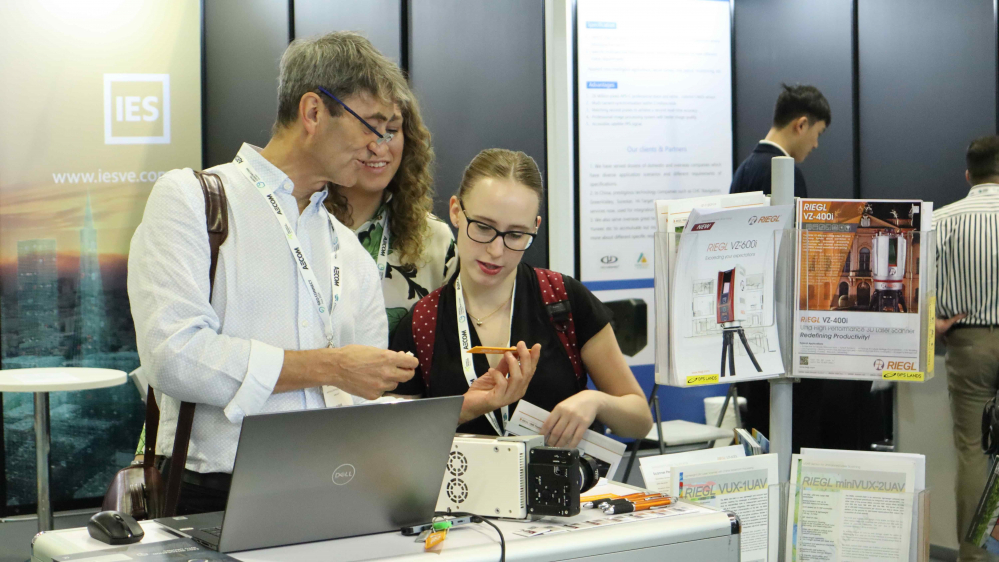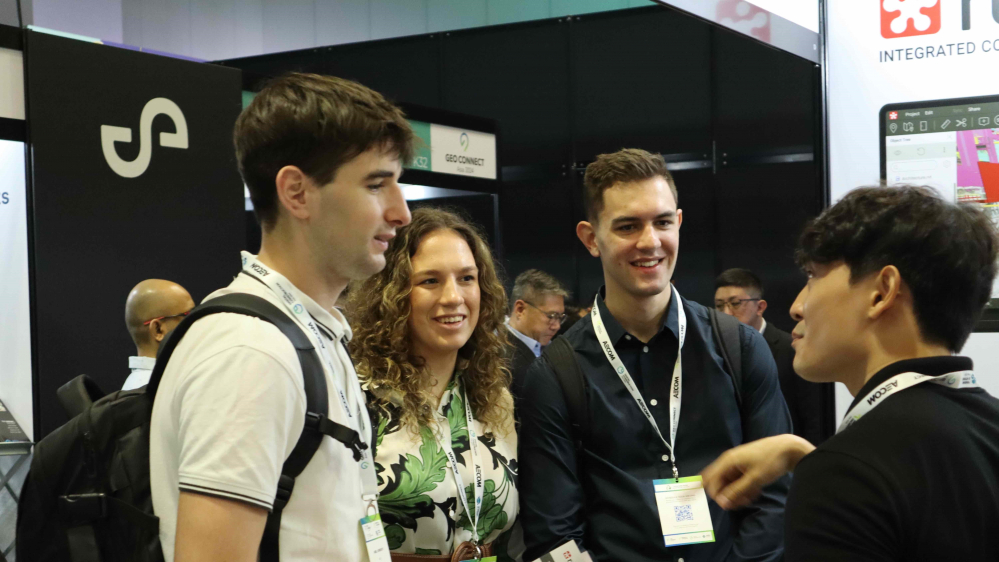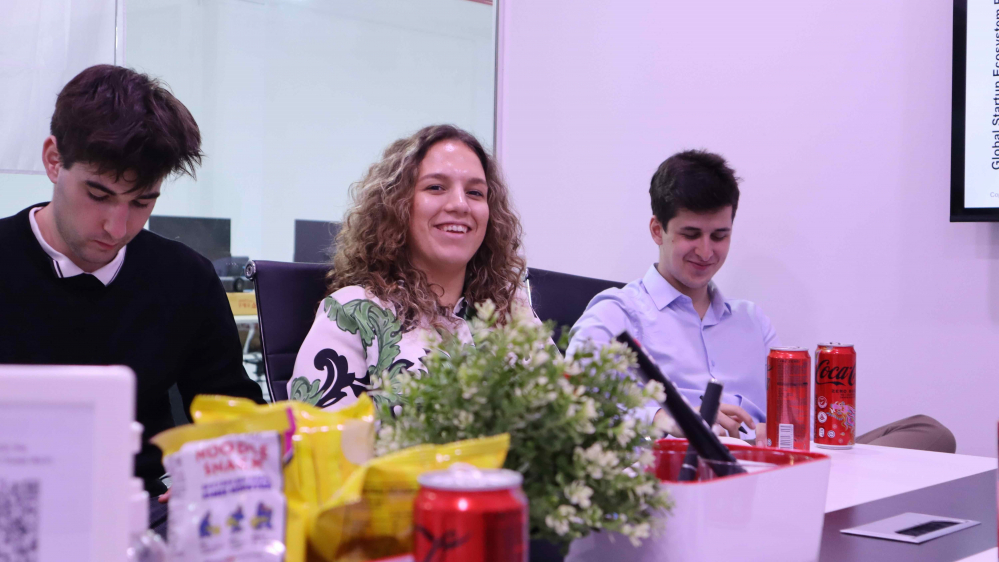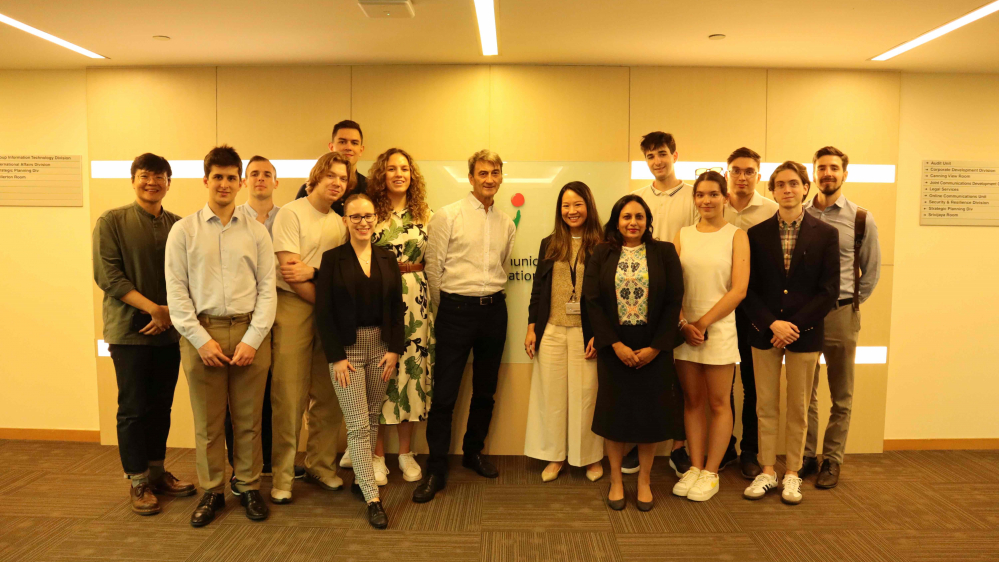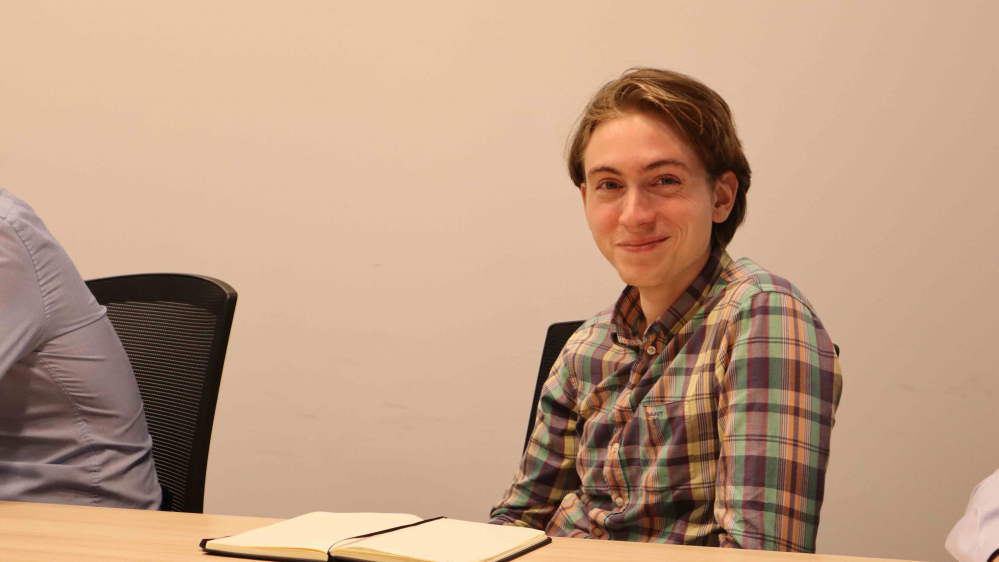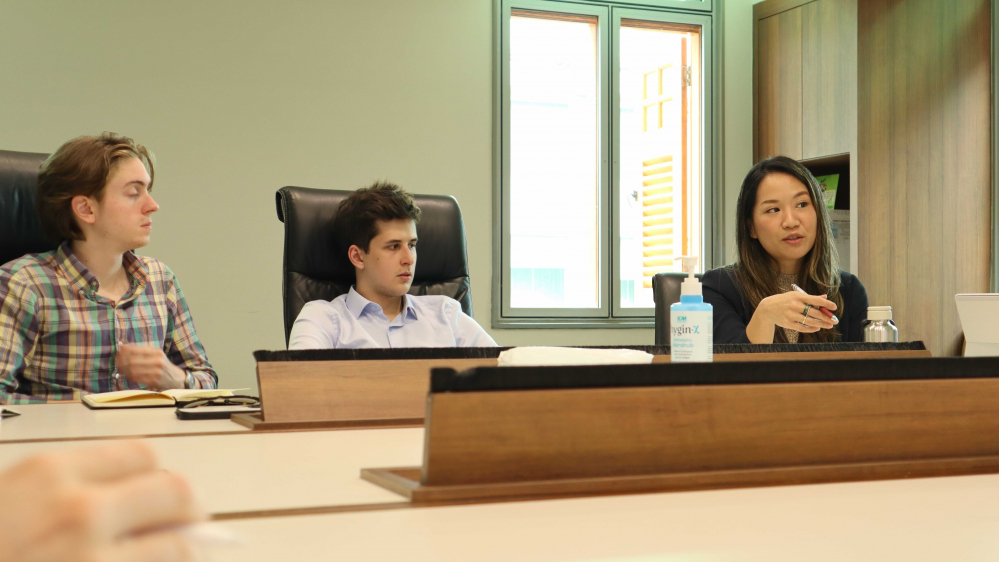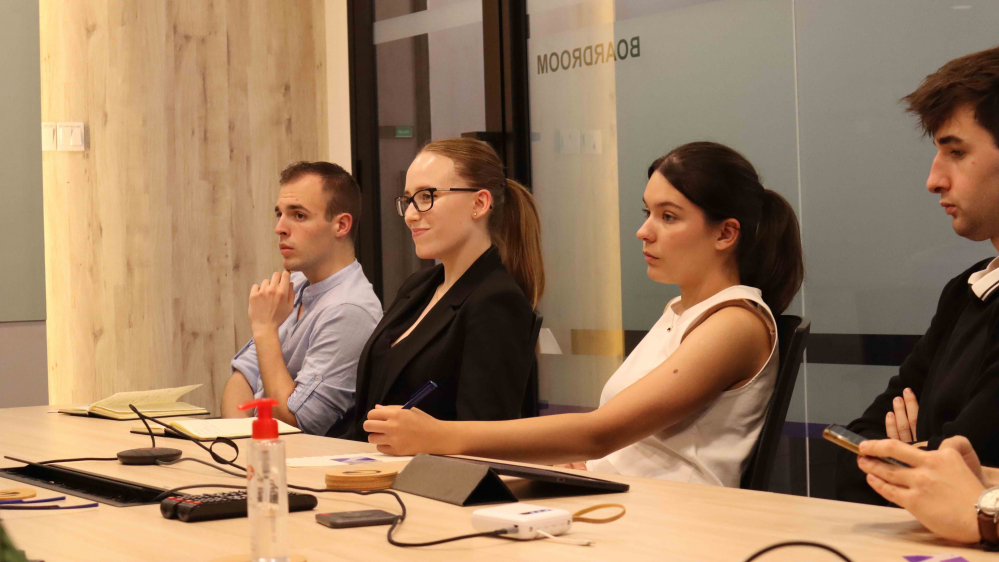Reading time: 5 minutes
In the second part, we present how businesses and startup programs operating in Singapore impact the country's long-term development and how the strategies outlined in the previous section manifest in practice.
On the first day, the students had the opportunity to get acquainted with key players in Singapore's Innovation Ecosystem, engaging in interesting discussions with David Toh and Ravindra Kumar. David Toh is the head of NTUitive, the technology transfer company owned by Singapore's leading technical university, Nanyang Technological University (NTU). NTUitive's goal is to facilitate the commercialization of university research and inventions with substantial government capital injections, then accompany and support their development. Toh emphasized that the success of NTUitive—and other technology transfers—lies not in the quantity of university patents and startups but in their quality. Thus, the focus should be on improving quality in the long term, with the hope that successful companies will provide greater resources. One key lies in the careful selection of university lecturers, their diversity, entrepreneurial thinking, and desire for lifelong learning.
Furthermore, the students met with Ravindra Kumar, the director responsible for developing technological ecosystems at OCBC Bank. He highlighted that in the era of digitalization, we have access to vast amounts of data, and the question now is how we manage and utilize them. Management and protection are particularly important in sectors like banking, where sensitive data is stored. Therefore, they constantly work with the most advanced technologies to fend off cyberattacks. The discussion also included cryptocurrencies and blockchain technology. Mr. Kumar took a firm stance that cryptocurrencies do not represent the future; however, tokenization could open many doors for us. Tokens could essentially function as programmable money, allowing certain resources to be spent only for specific purposes, increasing financial security and transaction efficiency.
The students had the opportunity to visit the Geo Connect Asia 2024 exhibition at the Sands Expo & Convention Centre. The exhibition focused on new technologies and innovations. Many companies showcased robots and drones for environmental scanning and presented their latest products to visitors. The students saw drones used for cleaning Singapore's extremely tall buildings, scanning construction sites to prevent accidents, military drones, small robot dogs, and drones used for scanning mines. Companies such as Oracle, Sony, GoSlam, and Viasat were present at the exhibition. Additionally, they had the chance to witness a new sport for them, drone soccer, which is more of an e-sport. In the game, two teams compete against each other, and each drone is controlled by a player using a game controller. The game is similar to Quidditch from the Harry Potter series. Overall, the exhibition was a very interesting and visually engaging program where students could learn about the latest technologies.
Later on, the students visited Block71 to meet Jayren Teo, the CEO of GEN Singapore. They learned about the work of Block71, which is an initiative of NUS aiming to build a technology-oriented ecosystem to connect and support the startup community. They offer mentoring, access to resources, and growth opportunities not only in local but also regional and global markets. Jayren was a credible figure in the startup scene, as he had been an entrepreneur since the age of 16. They also discussed the significance of unicorns and, interestingly, found out that while Singapore hosts many unicorns, there are hardly any in Central Europe. Furthermore, they had the opportunity to discuss various matters with Hui-Ling Teo, a partner at ReedSmith's Transportation Industry Group, and Daniel Lo, a legal advisor at Cake DeFi (DEcentralized FInance) Cake Group. Although their main areas of activity differ significantly, they have common projects such as asset tokenization, as seen in the case of aircraft. The students agreed that being a lawyer in the cryptocurrency field is exhaustive yet very exciting, as regulations still need a lot of time to become fully unified and transparent.
During the study trip, the participants also visited 80RR, a renowned fintech coworking space in the city center, where they met with representatives of the Singapore Fintech Association. Through their presentation and the questions asked, they learned about the association's operations, the fintech environment in ASEAN and Singapore, and the demand for new financial services. Additionally, they gained insight into the behind-the-scenes of the Singapore Fintech Festival.
The study trip concluded with a visit to the Google offices. The size, equipment, and quality of the building were astonishing. They met with Balázs Molnár, co-founder of Aliz, a startup specializing in machine learning and artificial intelligence backend solutions, along with two Hungarian acquaintances who were employees at Google Singapore. After a brief tour of the office, which accommodates 3000 employees, they had deep and informal conversations with their fellow countrymen. They learned about the importance of storytelling for both a company and an entrepreneur. They discussed the unpredictability of life and career, emphasizing the necessity of staying close to opportunities and seizing them when they arise. They understood that Hungarian entrepreneurs can be successful anywhere in the world with perseverance and a sense of mission. However, the students believed that anyone aspiring to start a startup should first work at a multinational corporation, as it provides relevant knowledge, insider information, and high-level industry connections.

